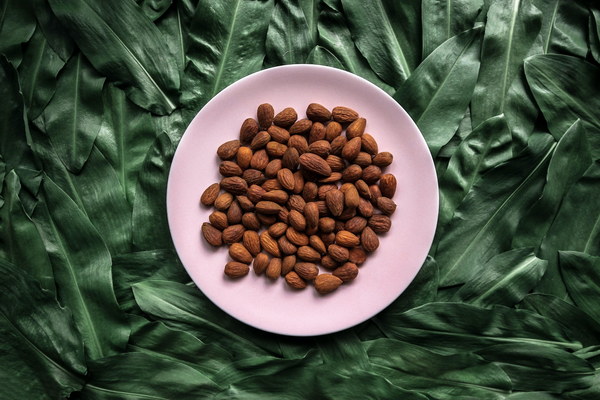The Truth Behind Pork Kidney's Claim to Enhance Kidney Health Does It Really Work
In traditional Chinese medicine, pork kidney has been hailed as a superfood for kidney health, often believed to possess the ability to tonify the kidneys. But does this claim hold water in the realm of modern science? Let's dive into the evidence to find out whether pork kidney can truly boost kidney health.
Understanding the Concept of Tonifying the Kidneys
In traditional Chinese medicine (TCM), the kidneys are considered the root of one's vital energy, or Qi. They are believed to play a crucial role in the functioning of the reproductive system, the bones, and the urinary system. tonifying the kidneys is believed to enhance overall health and well-being.
According to TCM, certain foods can tonify the kidneys and help maintain their proper function. Pork kidney is one such food, often recommended for individuals experiencing weakness in the lower back, knees, and reproductive health issues.
Scientific Evidence on Pork Kidney's Nutritional Profile
To assess the validity of the claim that pork kidney can tonify the kidneys, let's first examine its nutritional profile. Pork kidney is a rich source of several nutrients that are beneficial for kidney health:

1. Protein: Pork kidney contains a good amount of protein, which is essential for maintaining healthy kidneys. Adequate protein intake helps the kidneys filter waste products efficiently.
2. Vitamin B12: Pork kidney is an excellent source of vitamin B12, which is crucial for red blood cell production and maintaining a healthy nervous system. A deficiency in vitamin B12 can lead to kidney damage.
3. Potassium: Pork kidney contains potassium, which is essential for maintaining proper fluid balance in the body, including the kidneys. Adequate potassium levels are important for kidney function.
4. Phosphorus: Pork kidney is a good source of phosphorus, which is vital for bone health and the proper functioning of the kidneys.
Research on the Health Benefits of Pork Kidney
While the nutritional profile of pork kidney is promising, scientific research on its health benefits, particularly in relation to kidney health, is limited. However, some studies have explored the potential benefits of pork kidney:
1. A study published in the Journal of Ethnopharmacology in 2014 found that pork kidney extracts may have diuretic properties, which can help in the management of kidney diseases.
2. Another study published in the Journal of Animal Science and Biotechnology in 2018 suggested that consuming pork kidney can improve the antioxidant status in mice with kidney disease.
Limitations and Considerations
It is important to note that while these studies provide some evidence supporting the potential benefits of pork kidney, they are not conclusive. Additionally, there are several limitations to consider:
1. The studies mentioned above were conducted on animals or extracts of pork kidney, not on humans. More research is needed to determine the effects of pork kidney consumption on human kidney health.
2. The potential benefits of pork kidney may vary among individuals, depending on their overall health, dietary habits, and other factors.
3. It is crucial to consume pork kidney in moderation and as part of a balanced diet. Overconsumption of any food, including pork kidney, can lead to health issues.
Conclusion
While pork kidney does offer a range of nutrients that may be beneficial for kidney health, the scientific evidence supporting its use as a kidney-tonifying superfood is limited. More research is needed to establish a definitive connection between pork kidney consumption and improved kidney health.
In the meantime, if you are considering incorporating pork kidney into your diet for kidney health reasons, it is best to consult with a healthcare professional or a registered dietitian. They can provide personalized advice based on your individual health needs and dietary requirements.









